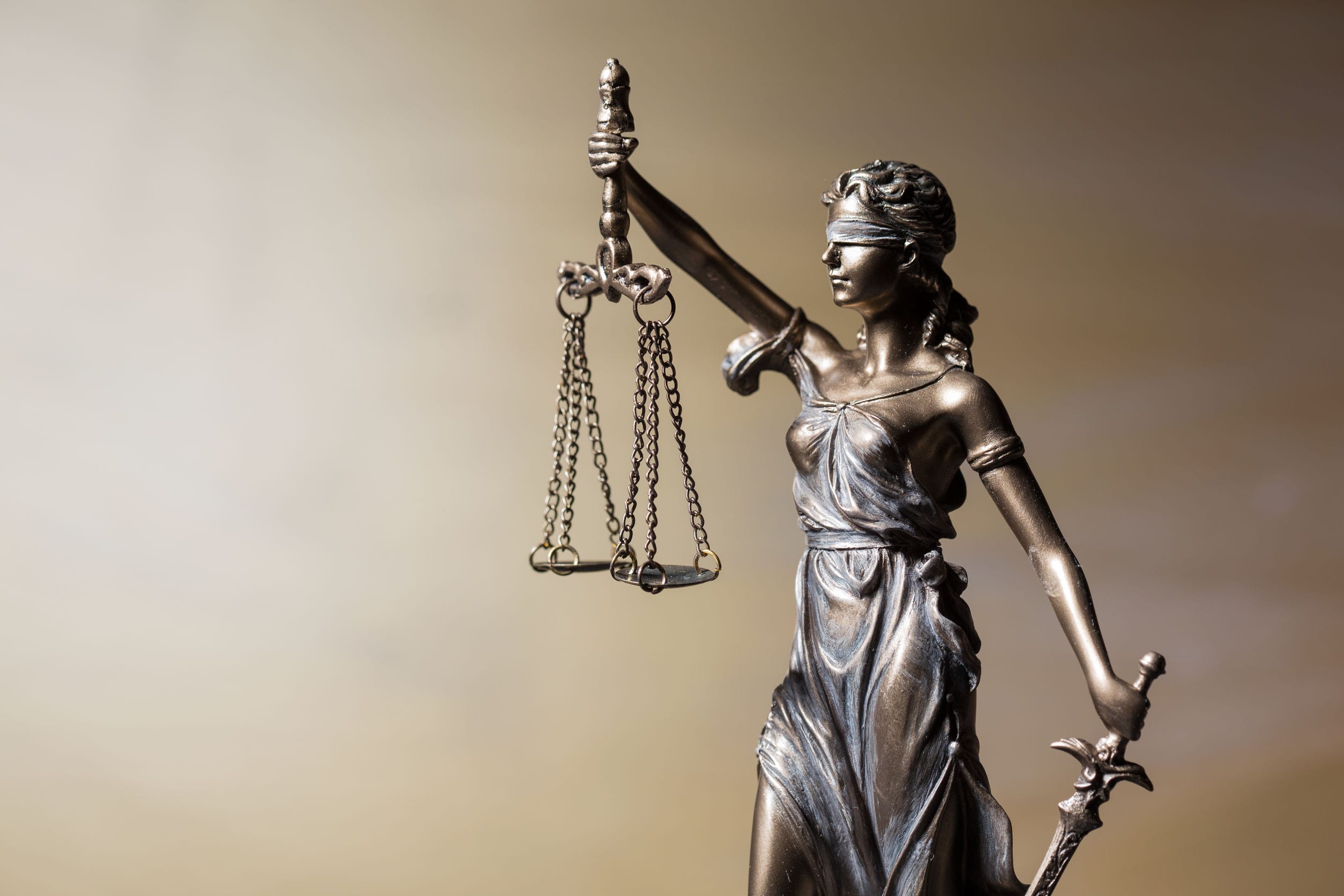- Home
- THE FIRM+
- Criminal Defense+
- CASE RESULTS
- AREAS WE SERVE+
- FAQ’s
- Blog
- Contact
AZHARI LLC BLOG

Posted By: Sami Azhari
Category:
The Me Too Movement has paved the way for a number of powerful men being charged with sex crimes and sexual misconduct. The greatest public awareness began with the Weinstein story which broke in October 2017 and has culminated in dozens of household names being smeared.
You’ve heard billionaire financier Jeffrey Epstein was recently indicted in federal court for allegedly trafficking girls as young as 14. He’s currently being held without bail in a New York federal prison to face charges that could land him up to 45 years in prison if convicted.
Similarly, this July, R. Kelly was arrested for the second time on sex crime charges. The charges allege that Kelly engaged in sex acts with minor girls under the age of 18, and did not disclose that he was infected with sexually transmitted diseases.
But are sex trafficking charges really that common among everyday people?
The answer may surprise you.
Sex Trafficking Across the Country
Sex trafficking is widespread in the U.S., and Illinois ranks among the top states for human trafficking cases. In fact, many sex trafficking cases involve lone actors, who are not part of a wider criminal enterprise.
Combatting this issue has become a major priority for Illinois lawmakers. They’ve passed a number of new legislative measures targeting sex trafficking, and have instituted programs encouraging civilians to report signs of potential trafficking victims.
With more cases being reported every day, it’s likely that the number of human sex trafficking charges will continue to rise.
Those working in any industry that could be scrutinized would do well to understand how sex trafficking charges work in this state and the potential consequences associated with a conviction.
Illinois Sex Trafficking By the Numbers
Illinois is reportedly ranked one of the highest in the country for sex trafficking. Statistics playing into its ranking include:
- From 2012-2016, 720 cases of sex trafficking were reported in Illinois. Most reports were in Chicago, Peoria, and East St. Louis.
- The majority of sex trafficking victims are young females.
- Sex trafficking is most common in massage parlors, hotels, motels, and strip clubs. Street-based solicitation is also common.
These numbers are only expected to increase, and new initiatives to catch sex traffickers may lead to overzealous policing.
Illinois Sex Trafficking Laws
Illinois sex trafficking is defined as knowingly harboring, enticing, recruiting, providing transport, or obtaining by any other means another person who will be subjected to sexual servitude. Attempts to commit these actions are also considered to be sex trafficking.
Sex trafficking is considered a Class 1 felony in most cases. Under certain circumstances, the charges will be enhanced to a Class X felony. This is the most serious felony charge outside of first-degree murder. Those aggravating factors are:
- Kidnapping or attempting to kidnap a victim
- Aggravated criminal sexual assault or an attempt to commit this offense
- Attempt to commit first-degree murder
While a Class 1 felony can land you up to 15 years in state prison, that Class X felony could double your jail time. That’s not all.
Other aggravating circumstances, such as a bodily injury sustained by the victim, may also lead to enhanced sentencing. Another consideration is how long a victim was considered to be “held.”
When an offender is determined to have held a victim for longer than 180 days, it’s up to the judge’s discretion whether additional penalties will be tacked on to a sentence.
Further, penalties significantly increase when a case involves more than 10 victims. Defendants are also likely to face multiple counts of sex trafficking charges in this context.
In addition to criminal penalties, sex trafficking offenders are now required to pay restitution to the victims.
The amount owed will either be equivalent to the victim’s labor in accordance with minimum wage and overtime laws, or the gross income from the victim’s services, whichever is greater.
Finally, the court may also impose a fine payable to the Specialized Services of Human Trafficking Fund. This amount is also left to the discretion of the court, and generally reflects the severity of the offense in question.
The courts also have the right to seize the defendant’s assets in order to pay the substantial fines and restitutions generally associated with sex trafficking cases.
Defending Yourself against Sex Trafficking Charges
Depending on the specifics of your case, there are a number of defense strategies that could win you an acquittal at trial, or even result in the dismissal of your case.
A skilled Chicago criminal defense attorney will evaluate your circumstances, and develop the best possible defense. Common defenses to sex trafficking charges include:
- Lack of knowledge
- Lack of intent
- Mistaken identity
- Insufficient evidence
- Coercion or duress
- Mental incapacitation
- Entrapment or police misconduct
As the scrutiny of illegal sex trafficking continues to grow, those who work in the sex trade industry (and in businesses commonly associated) – legally or otherwise – can expect increased criminal charges to be more frequently doled out.
Moreover, overzealous policing efforts may result in innocent people being charged. Don’t get caught up in the mix. If you do, know the laws surrounding sex trafficking, and fight back aggressively to beat any charges against you.
About the Author
Sami Azhari has been working as a lawyer since 2007, after receiving his Juris Doctor from the Michigan State University College of Law. He has handled numerous state and federal cases, and is known throughout the Chicago and Rolling Meadows area for providing his clients with high-quality, skilled representation. He has been recognized by SuperLawyers, the National Trial Lawyers Association, and other notable organizations, and has spoken at a number of legal conferences.



























































